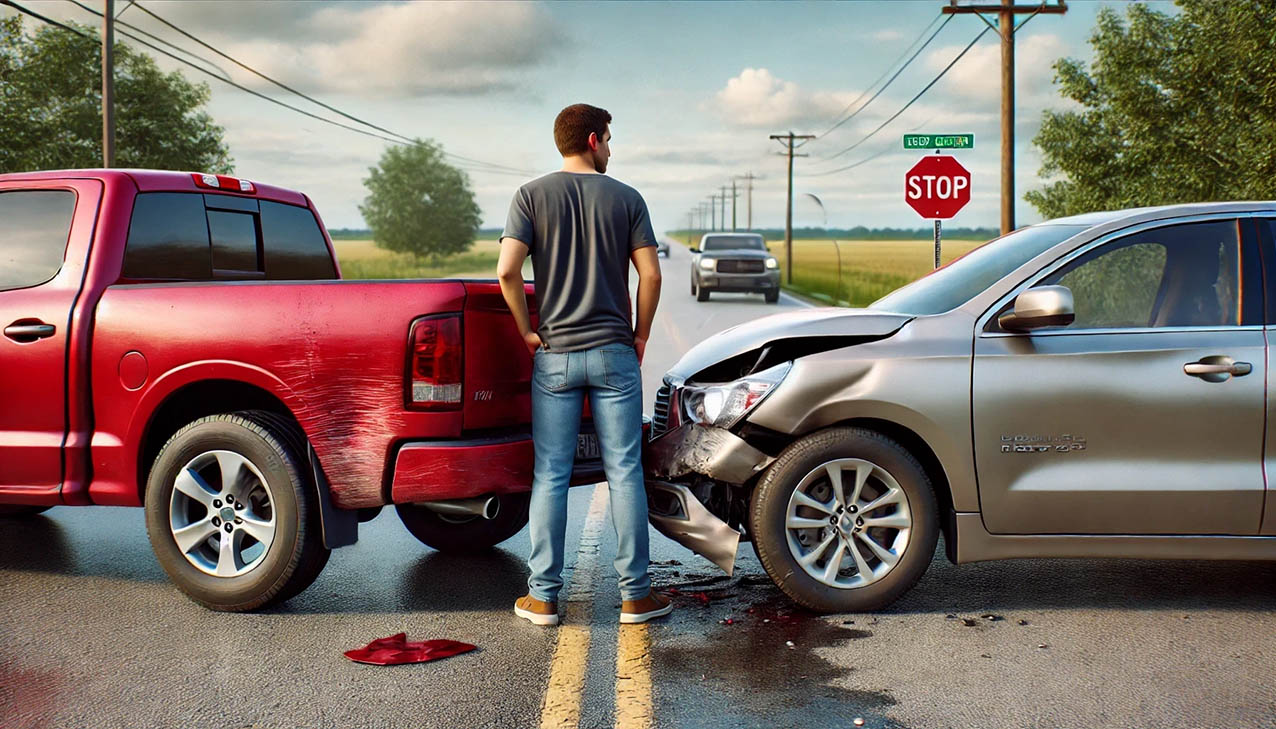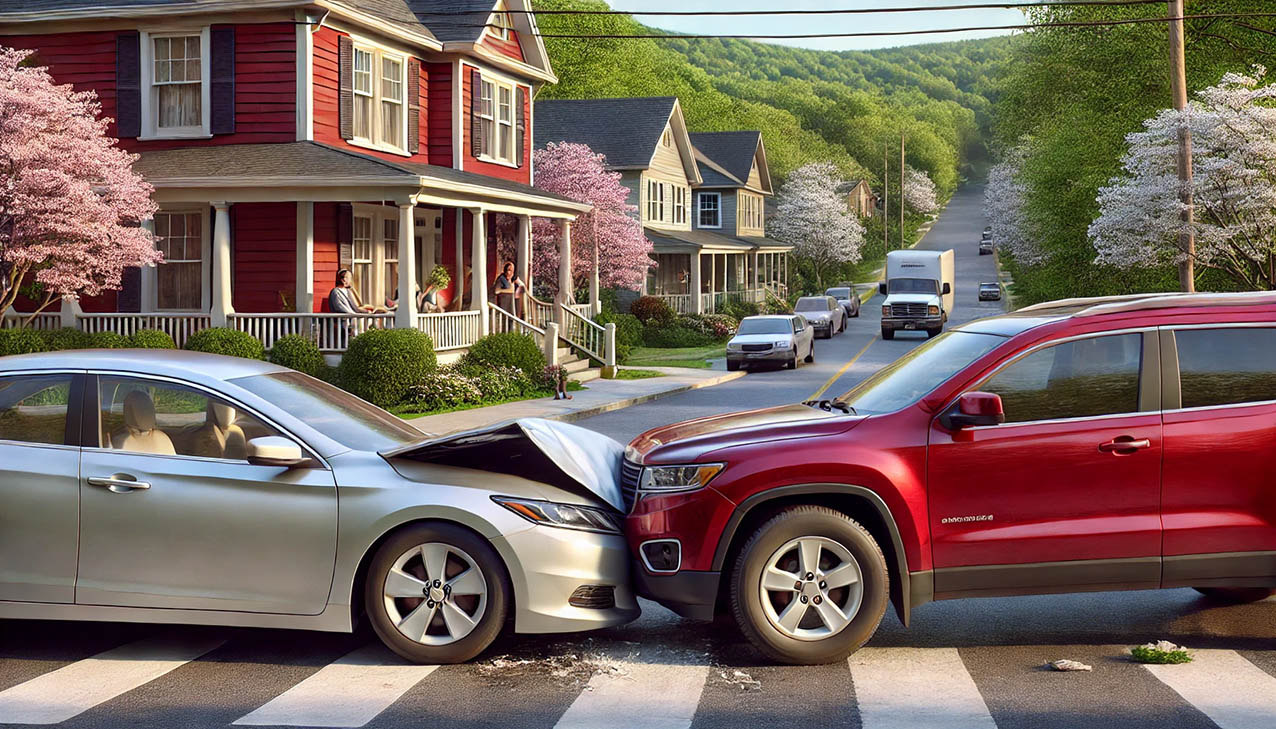Are Minor Auto Accidents Really Minor?
When people hear the term “minor auto accident,” they often picture a small fender bender with no significant consequences. However, what seems minor can cause injuries. While some accidents truly are insignificant, others have hidden impacts that only become evident over time.
- Car Accidents: Representation for victims injured in auto accidents involving cars, motorcycles, trucks, and commercial vehicles. Helping you recover compensation for medical bills, lost wages, and pain and suffering.
- Slip and Falls: Handling premises liability cases involving slips, trips, and falls due to hazardous conditions. Dedicated to securing fair compensation for injuries sustained on unsafe properties.
- Workplace Injuries: Advocating for employees injured at work, including construction accidents, industrial injuries, and workers’ compensation claims. Committed to protecting your rights and maximizing benefits.
- Medical Malpractice: Pursuing justice for patients harmed by medical errors, hospital negligence, misdiagnoses, surgical mistakes, or medication errors. Fighting for accountability and fair compensation.
- Product Liability: Representing individuals harmed by defective products, unsafe medications, malfunctioning devices, and dangerous consumer goods. Holding manufacturers accountable for product safety.
- Wrongful Death: Compassionate representation for families who have lost loved ones due to negligence, accidents, or intentional harm. Helping survivors secure financial recovery and closure.
A minor accident typically refers to a collision that results in little to no vehicle damage and no apparent injuries. These include fender benders (in parking lots or at stop signs), low speed rearend collisions, and scrapes or dents caused by minor impacts.
Insurance companies call these MIST cases. Minimal Impact Soft Tissue cases.

How to Determine Who Is the Best Personal Injury Lawyer in Your Area?
There can be hidden costs to a minor accident. A Carfax report diminishes the value of a car or truck. Hidden bumper damage, and sensor malfunctions which can lead to expensive repairs later.
Injuries may not be immediately obvious. Even low speed collisions can cause injuries such as whiplash, concussions, muscle strains. Often these types of injuries will develop over hours or even a few days after the accident. In other cases, people hurt immediately.
To avoid future complication, file a police report. Check for injuries. Even if you feel fine now, monitor how you are feeling in the days following the accident. If you need treatment, you should get it.
- Experience & Specialization
- • Choose someone with extensive experience, specifically in personal injury law.
- • Look for a lawyer who has handled cases similar to yours successfully.
- Reputation & Reviews
- • Read online client reviews on Google, Yelp, Avvo, or social media.
- • Check testimonials and ratings to gauge client satisfaction.
- Results & Track Record
- • Consider lawyers who have secured substantial settlements or trial verdicts.
- • Ask about specific examples of past successes.
- Resources & Network
- • Top lawyers can access medical experts, investigators, and accident reconstruction specialists to strengthen your case.
- Clear Communication
- • The best personal injury lawyers clearly explain your rights and legal options.
- • They keep you regularly updated throughout your case.
- Availability & Personal Attention
- • Look for someone responsive who provides personalized attention rather than handing your case to assistants.
- Fee Structure
- • Most personal injury lawyers work on a contingency fee basis (you only pay if you win).
- • The best lawyers are transparent about fees from the start.
- Professional Recognition & Awards
- • Consider lawyers who have earned industry accolades or local community awards.
- Comfort & Trust
- • Ultimately, the best lawyer is someone you feel comfortable talking to, trust fully, and who shows genuine care and empathy.
Are minor accidents really minor? Not always.
Often people have pre-existing conditions which they don’t know about, or they simply hurt worse or differently. That does not disqualify a person from seeking compensation no matter how important it seems to the insurance adjuster.

